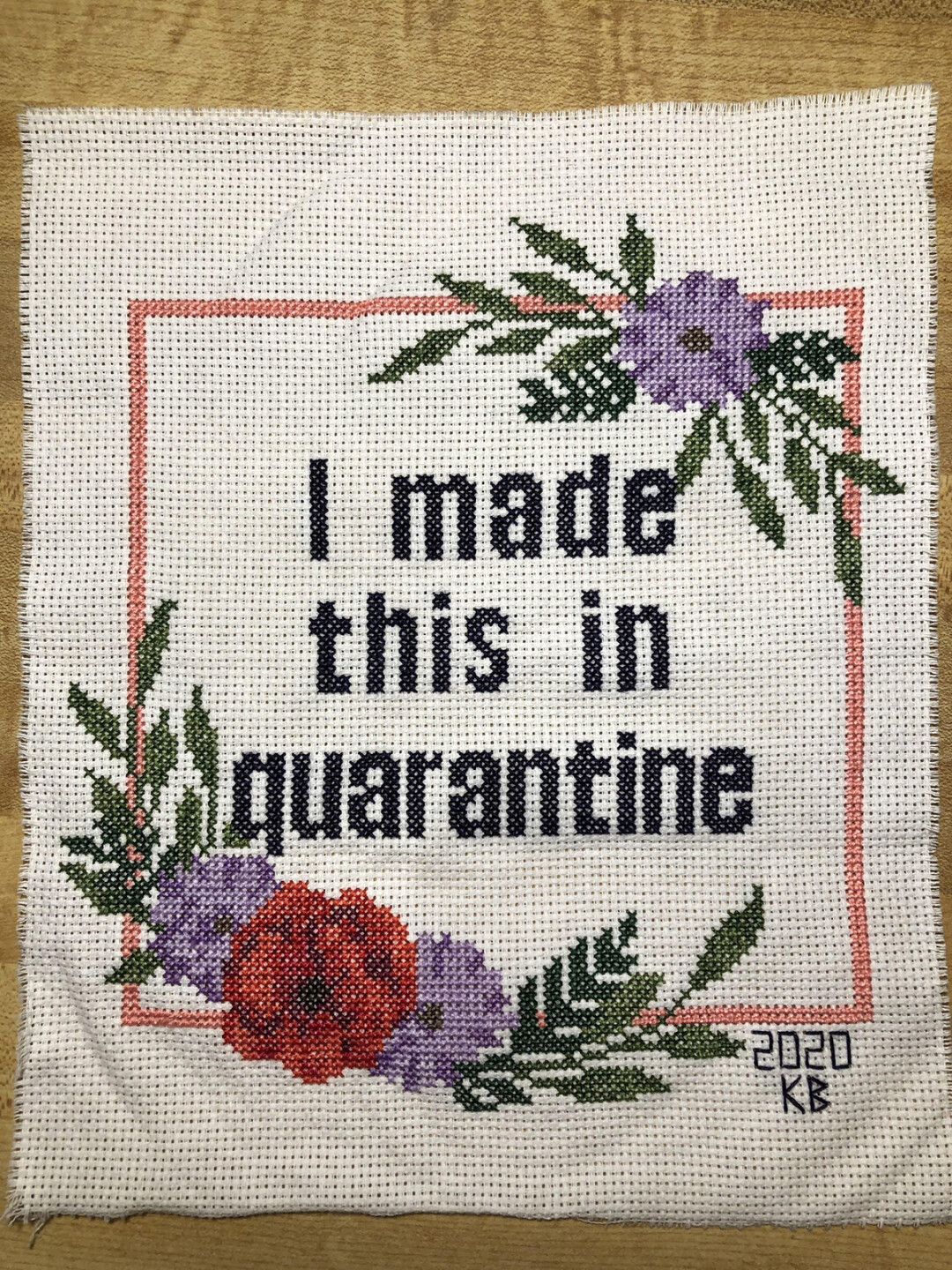Release Your Inner Archivist and Help Chronicle COVID-19 in the Valley
CV Museum, UWEC collaborate to create pandemic archive

Most of the time, people donate items to museums because they have historical significance – for example, a letter written by Benjamin Franklin. Currently there is a project in our community to collect items being used today. A team comprising Cheryl Jimenez-Frei (assistant professor, Department of History, UW-Eau Claire); Jodi Kiffmeyer (archivist, Chippewa Valley Museum); and Greg Kocken (archivist, McIntyre Library, UW-Eau Claire) have collaborated to collect your memories during the COVID-19 epidemic.
The pandemic has impacted all of our daily lives. It has brought confusion, panic, fear, gratitude, and new opportunities – sometimes all in the same day. All residents of our geographical region are invited to contribute to this website. Historians refer to this type of gathering as a “rapid-response collection.” The goal of this project is to capture, preserve, and share the stories and experiences from this historical period.
The website will collect photographs, oral histories, documents, and visual artifacts that help tell the story of this unprecedented time. Kocken emphasizes that this “collection is important because it allows us to capture stories and information while the event occurs.”
“Rather than capturing a story of how it was, we are capturing stories of how it is; this perspective will be invaluable for us to preserve.” –Greg Kocken, archivist, McIntyre Library, UW-Eau Claire
“This also changes the perspective of the stories we capture,” he added. “Rather than capturing a story of how it was, we are capturing stories of how it is; this perspective will be invaluable for us to preserve.”
“With this current pandemic,” Jimenez-Frei said, “we have a chance to document a wide swath of voices and experiences – essential workers, healthcare front liners, farmers, small business owners, students, seniors, artists, educators, public health officials, and members of the Hmong, African American, Latinx, and Native American communities in the Chippewa Valley. All of these voices are important to understand how the pandemic has affected our communities, and we want to see all of these experiences represented and preserved in the archive.”
In describing the types of items that would be beneficial to share, Kiffmeyer said, “The big things will be preserved; but this project is interested in capturing the small, everyday items that would otherwise be overlooked. In addition to the major intrusions, what were the minor inconveniences? How do people feel about the restrictions? What new opportunities arose for residents?”
Some examples of items to include are virtual certificates, poems and journals, artwork, photos of kindnesses expressed by friends and neighbors, programs from virtual events such as graduations, screenshots of new apps someone discovered, and photos of how people entertained themselves while being confined at home. One person shared a screenshot of trying to call the unemployment office; the photo confirmed that he attempted to connect with them 100 times.
While the collaborators are looking at the everyday things, they are not limiting interest to home life. They are curious about some of the groups of people whose stories often get lost during these times: How were small businesses affected? What was life like for prisoners in the local jails? What were the expectations of teachers and other essential workers? What was home life like for health care professionals?
Jimenez-Frei defined the importance of local residents’ participation in this project.
“Overall, this archive will allow individuals and communities to express and document their understandings and experiences living through the global pandemic,” Jimenez-Frei said, “and it will serve as an important resource to help future scholars, policymakers, and students better understand its impact on the Chippewa Valley, rural areas, and Wisconsin as a whole.”
If you would like to submit items or browse this collection, the website is www.uwec.ly/covid19project.




















